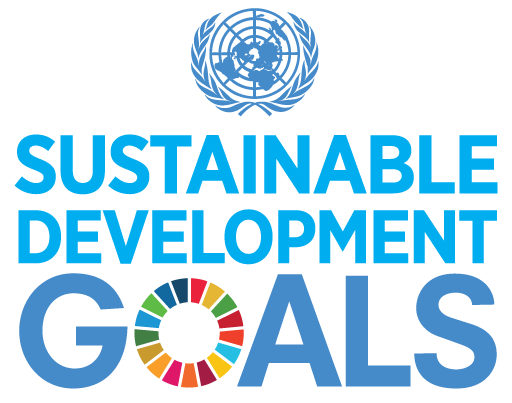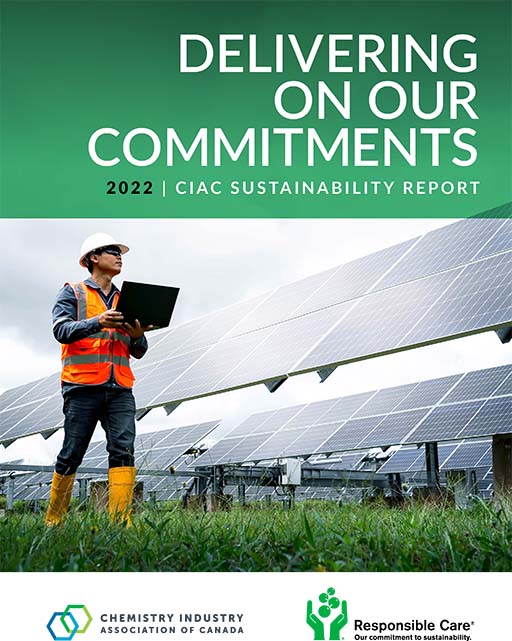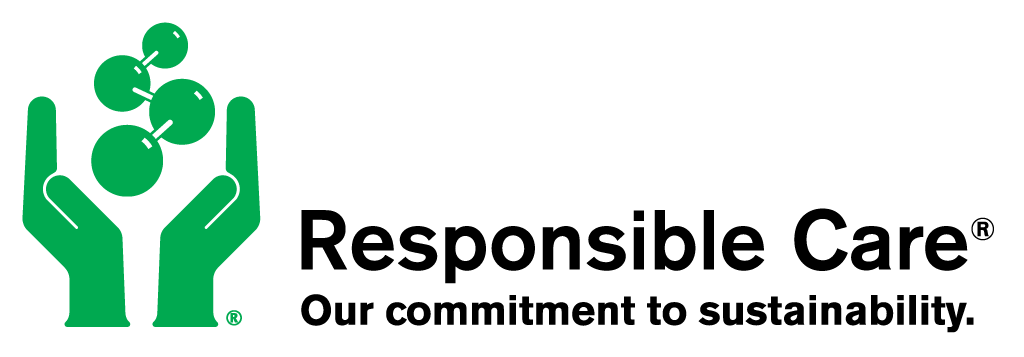Environmental sustainability is a top priority for the chemistry and plastics sector. By embracing two stewardship programs, the sector continues to lead the way and ensure companies implement responsible and sustainable practices.
For close to four decades, Canada’s chemistry industry has led the way in ensuring safe, responsible, and sustainable chemical manufacturing through its United Nations (UN)-recognized environmental, social and governance (ESG) initiative, Responsible Care®. Founded in Canada in 1985, Responsible Care is now practiced in 73 countries and by 96 of the 100 largest chemical producers in the world.
Responsible Care companies strive to the ethic to “do the right thing and be seen to do the right thing.” Our dedicated members are constantly innovating and working toward safer and greener products and processes, and work to continuously improve their environmental, health, and safety performance.
Responsible Care covers all aspects of a company’s business, employees, nearby communities, and the environment, over the entire life cycle of its products. Through TRANSCAER®, CIAC members engage with communities along transportation corridors, emergency responders, governments, and other stakeholders, embracing transparent and educational practices to ensure they better understand the realities of dangerous goods travelling through their community and are prepared should there be an incident.
Eliminating plastic pollution caused by plastic resin loss during production or transportation is a critical issue for the environment and the world’s waterways. Spilled plastic resin can make its way into local rivers, lakes, and oceans affecting waterway ecosystems and wildlife. Through Operation Clean SweepTM (OCS) our industry is playing a critical role in being part of the solution to this global issue.
OCS is an international environmental stewardship program designed to help plastic resin handling operators implement modern resin containment practices. The CIAC Plastics Division leads the adoption of the OCS program in Canada.
In 2022, CIAC members showed major steps and examples of the chemistry and plastics sectors’ focus on improving ESG performance and dedication to the Responsible Care ethic and principles.

United Nations Sustainable Development Goals
As leaders in Responsible Care, CIAC members have committed to transparency and an improvement process in which each company measures its performance against that of the best-in-class companies. Since 1992, on behalf of members, CIAC has been collecting performance data on emissions, wastes, transportation, process safety, and health and safety. Much of our existing data is aligned with the United Nations (UN) Sustainable Development Goals (SDGs) which are becoming global reporting standards across all sectors. Additionally, through our membership on the International Council of Chemical Associations (ICCA), CIAC is committed to accelerating progress towards the 17 UN SDGs. The UN SDGs that are most material to the chemistry sector are listed below and are also identified throughout the report.

